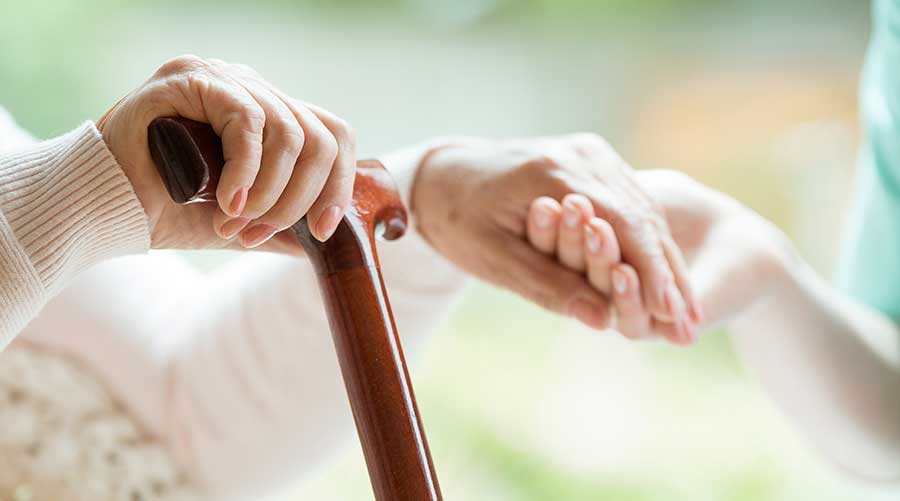Following recent reports of squalid conditions at four South Carolina assisted living communities and resulting emergency evacuations and license suspensions, South Carolina’s Department of Health and Environmental Control (DHEC) announced it is taking emergency actions against the facilities. DHEC determined the conditions and practices existing at these facilities pose an immediate threat to the health, safety and welfare of the residents who live at them.
DHEC staff conducted an inspection at the facilities on Dec. 8-9 and Dec. 12 and observed, among other violations:
- insect infestations, including bed bugs and roaches
- failure to properly administer residents’ medications
- insufficient food provided and unsanitary kitchens.
Local and state authorities, including the S.C. Office of Ombudsman, the S.C. Department of Social Services, S.C. Department of Mental Health, and S.C. Department of Health and Human Services, assisted with relocation efforts for the residents for Reese's No. 1 and Reese's No. 2. The residents’ families have been notified and local officials are continuing to work with them.
In response, AARP South Carolina called on state lawmakers to “respond immediately to the clear and dire need to improve oversight of assisted living and other long-term care facilities and expand care options that make it possible for more seniors to age in their own homes.”
“AARP South Carolina is alarmed by recent findings of neglect and violations that led DHEC to order emergency resident evacuations and licensure suspensions at four assisted living facilities,” according to the group’s statement. “The violations and conditions uncovered—including lack of food, no staffing, no working heat, unsanitary conditions and failure to distribute medication to residents—are unacceptable. We are calling on lawmakers to respond immediately to the clear and dire need to improve oversight of assisted living and other long-term care facilities and expand care options that make it possible for more seniors to age in their own homes. Too many lives are at risk.”

 UF Health Hospitals Rely on Green Globes to Realize Their Full Potential
UF Health Hospitals Rely on Green Globes to Realize Their Full Potential How Healthcare Facilities Can Be Truly Disaster-Resilient
How Healthcare Facilities Can Be Truly Disaster-Resilient TriasMD Breaks Ground on DISC Surgery Center for San Fernando Valley
TriasMD Breaks Ground on DISC Surgery Center for San Fernando Valley Bigfork Valley Hospital Falls Victim to Data Breach
Bigfork Valley Hospital Falls Victim to Data Breach AI-Driven Facilities: Strategic Planning and Cost Management
AI-Driven Facilities: Strategic Planning and Cost Management